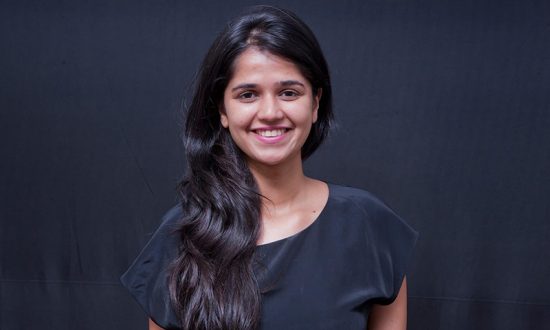Kritika Padode Bhandari is an alumnus of National Law University, Delhi. She has practiced extensively in the Karnataka High Court, Delhi High Court and Supreme Court of India. She is now assisting with the setting up of Vijaybhoomi School of Law and helping curate the curriculum for the same.
When one introspects and observes the world we live in today- it is not difficult to miss the massive changes technology has brought to our lives. With the influx of applications such as- instagram, Facebook, Twitter our ways to communicate and lifestyles stand drastically altered. We are more accessible and our lives more public in the current times.
Access to information and knowledge has seen a revolution of it’s own and is no longer asymmetric. In fact, a person of any age belonging to any part of the world can obtain any information related to any topic in the globe as long as they have a smart phone.
All services related to convenience including watching the latest release, chatting with a friend in a distant land, buying regular or exotic groceries are pretty much on our fingertips.
Seeing these changed circumstances it is not unknown to us that technology has usurped many human jobs. Many tasks that, were research or calculation, intensive can now be easily carried out by, advanced machines. It is no surprise that with Google and the internet reaching every household- knowledge retention is no longer a super power that people need to have.
With all these changes happening right under our noses- the big question is what are the skills that will increase our student’s employability in the future and which is an apt education model that allows students to pick up these skills to suit the changing times?
With ever increasing access to information and knowledge retention being no longer an important skill linked to employability- education needs to focus on promoting a skill set that will gain prominence in the times to come. As machines advance and get more intelligent by the passing day, education needs to focus on imparting skills for students to navigate through new challenges. Future education needs to promote creativity, which will take centre stage as left-brain functions are aced by machines. With the virtual world taking over education needs to help students find their emotional anchor to happily live life and be empathetic. As problems like Covid are one of the many inter-disciplinary issues our students will face- we need to promote inter-disciplinary thinking and innovative problem solving.
With this being the context- I would place my bets on liberal education to be one of the stronger models that will promote enablement of students to lead a productive and happy life in the future.
With an overload of information coming our way liberal education helps students sift out the truth from a barrage of data through multiple perspectives such as artistic, quantitative, humanistic, historic, scientific etc. A liberal education is focused towards building knowledge, skills, abilities, and, values in students by, encouraging a spirit of free inquiry and promote independent thinking. This approach promotes innovation and creativity equipping students with the tool kit to identify a problem and creatively arrive at a solution for the problem using the help of technology and domain area experts. With life expectancy going up, a holistic education model like liberal education prepares students for multiple careers and makes them more adaptable to changes, which we cannot even fathom.
To conclude- the evolved definition of liberal education that exposes students to STEM education along with philosophy, arts, humanities and technology education is the panacea to improve employability of future generations to come and create the next generation of innovative solution- providers.




